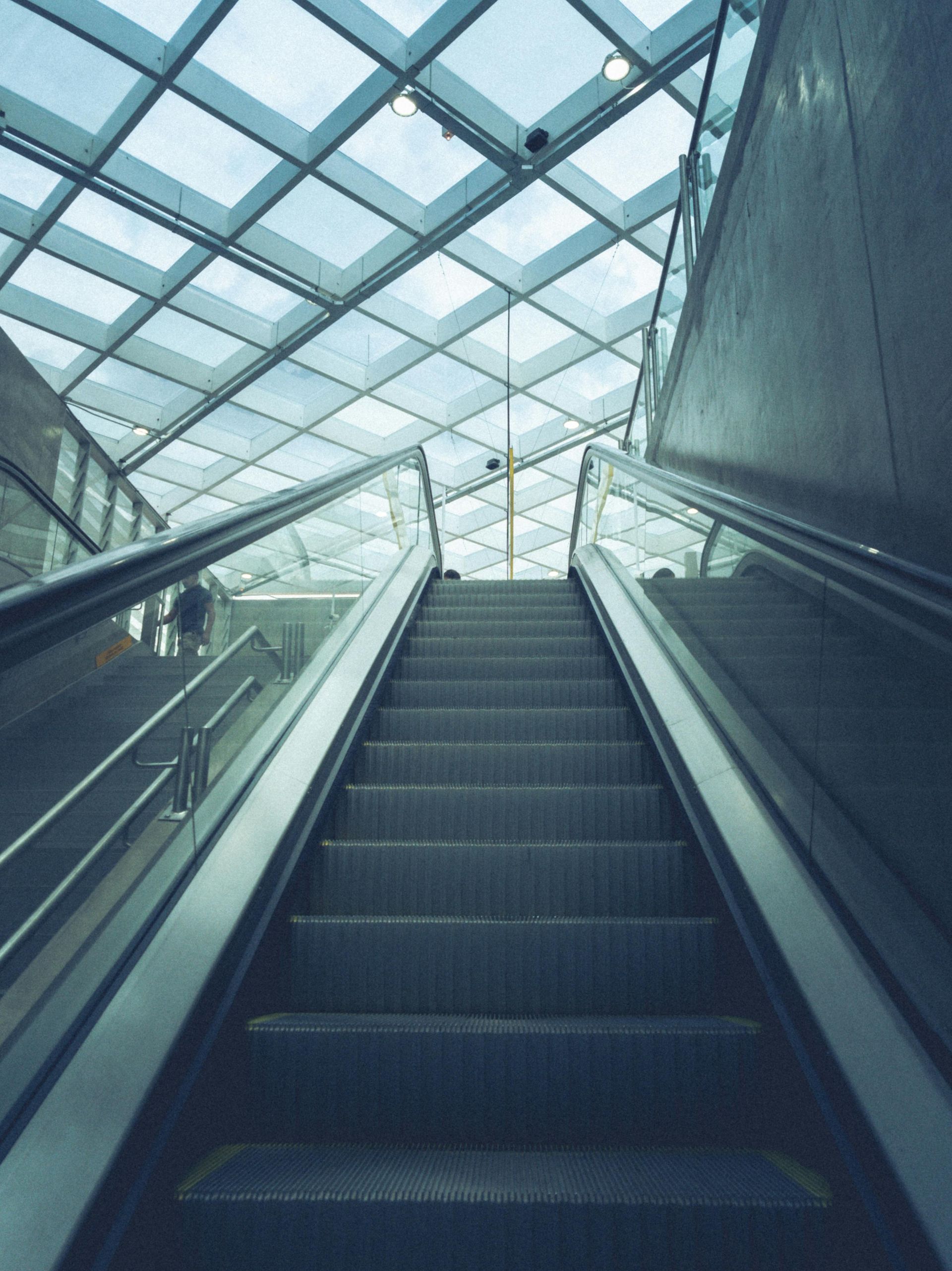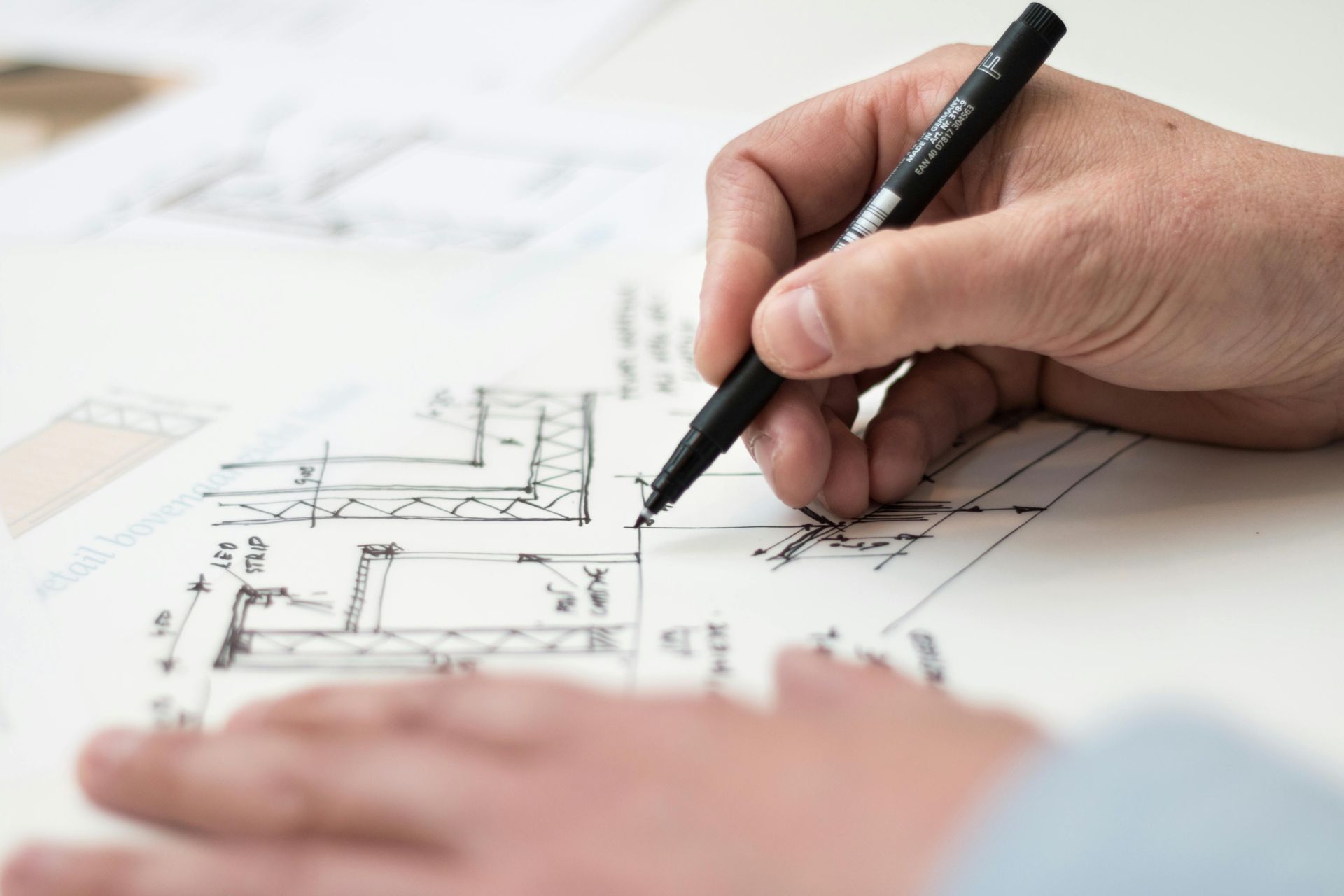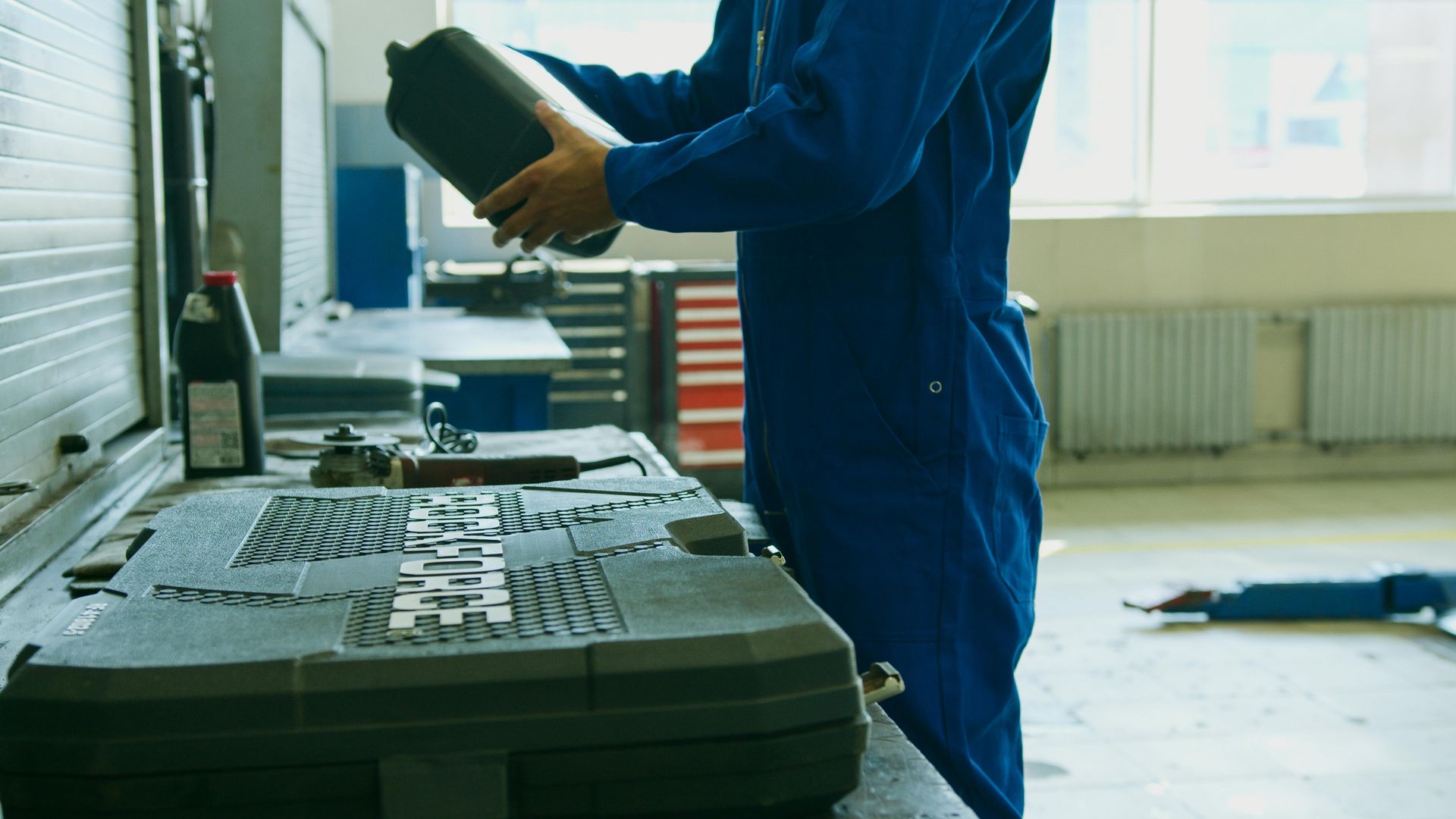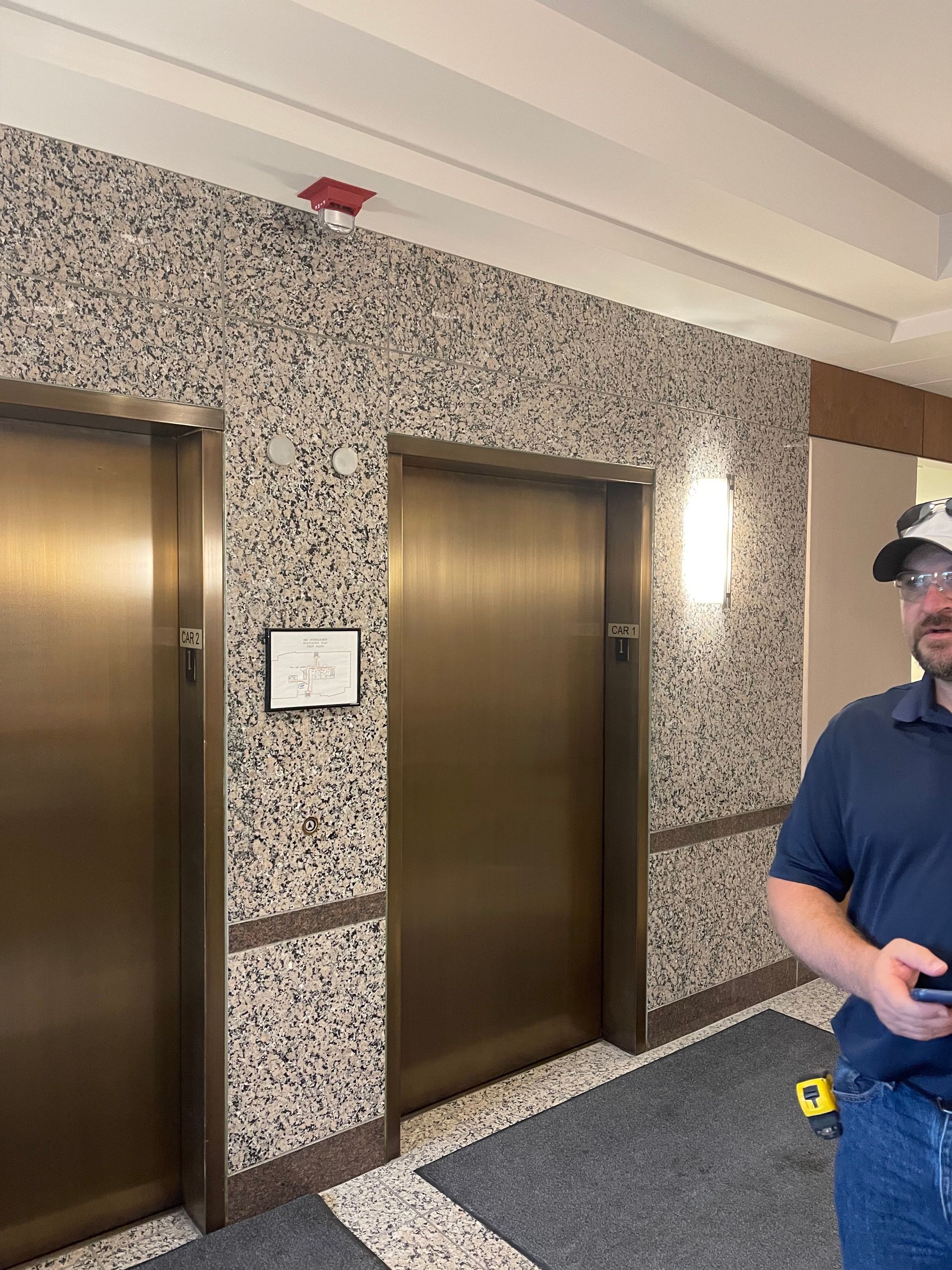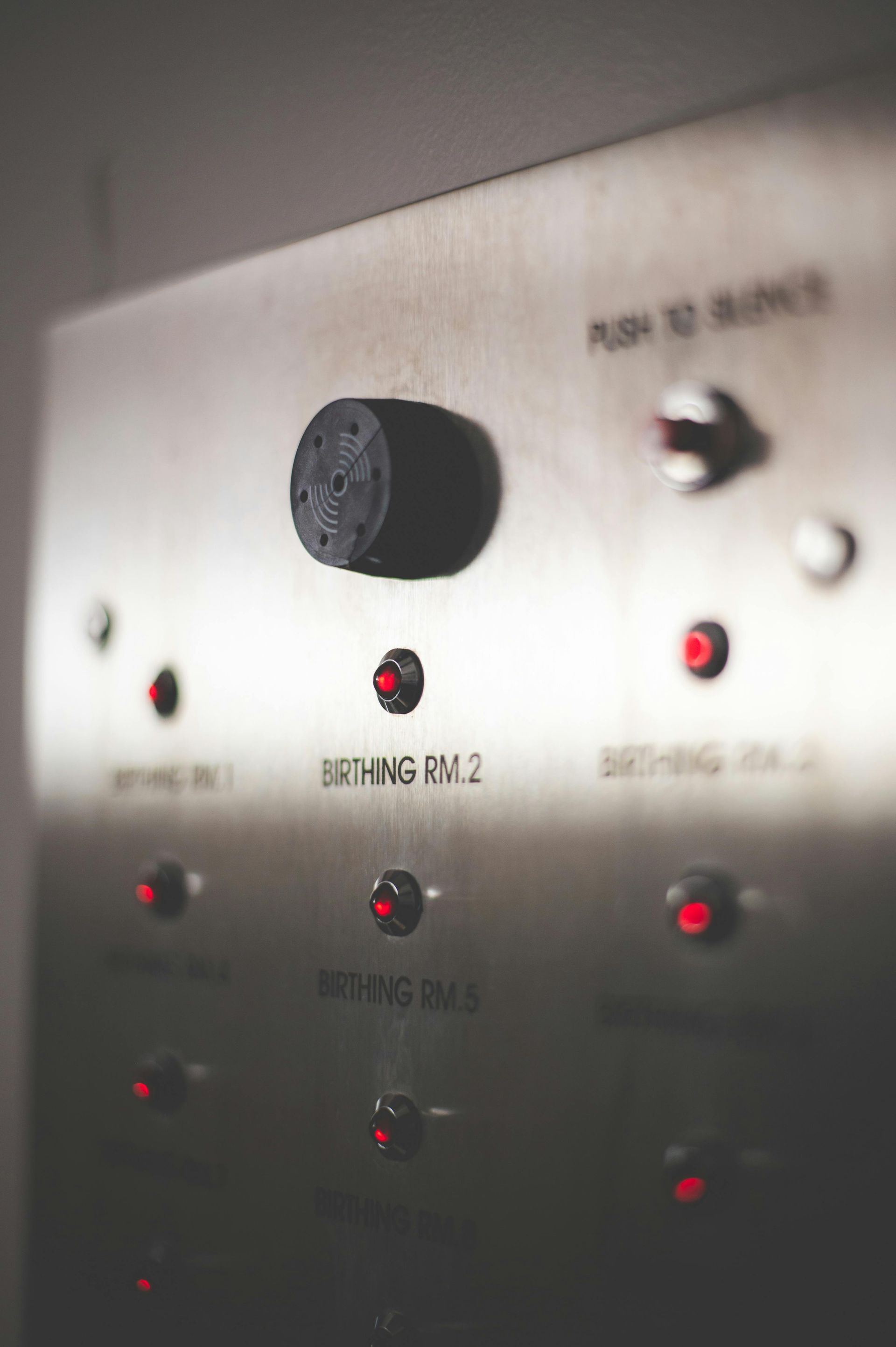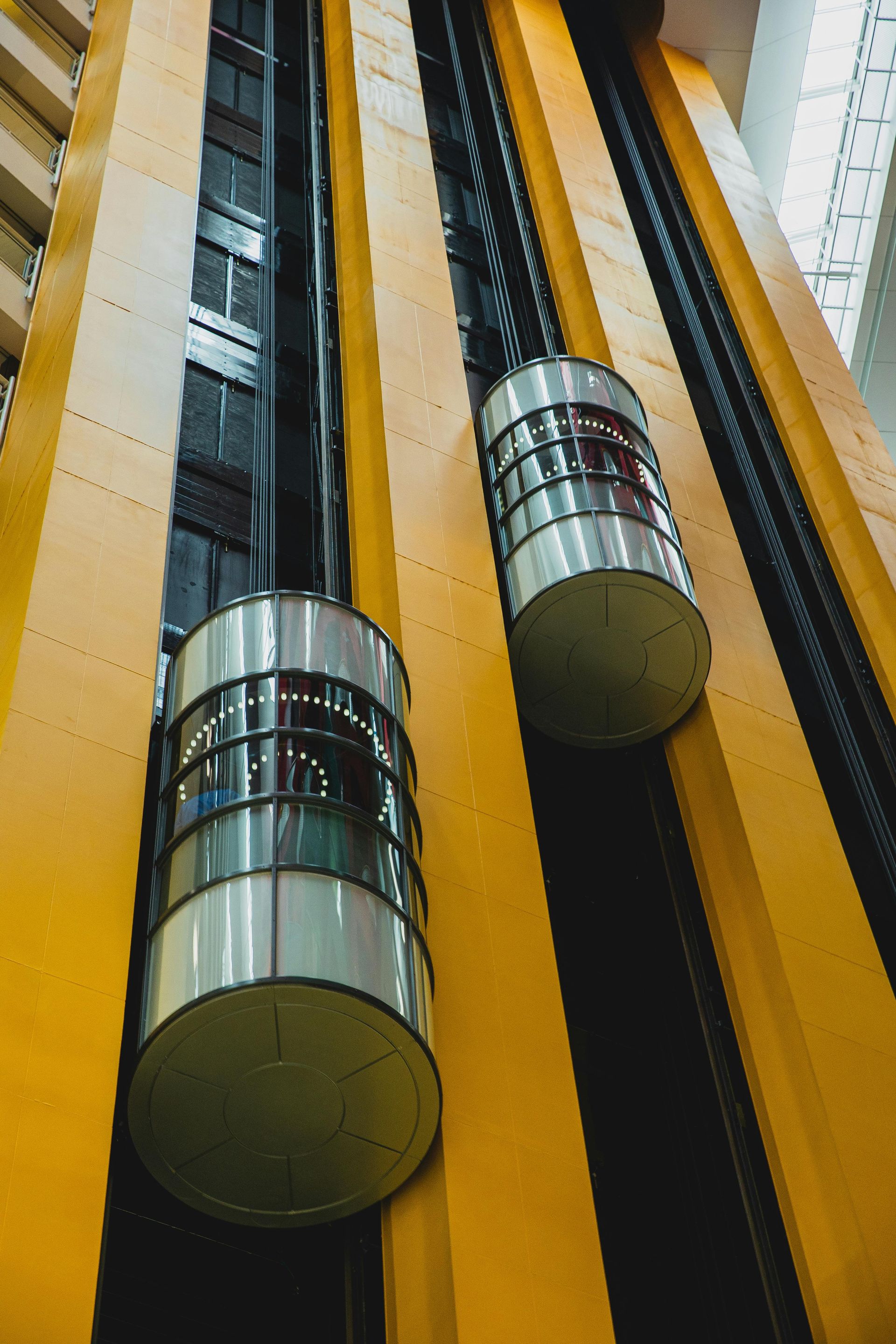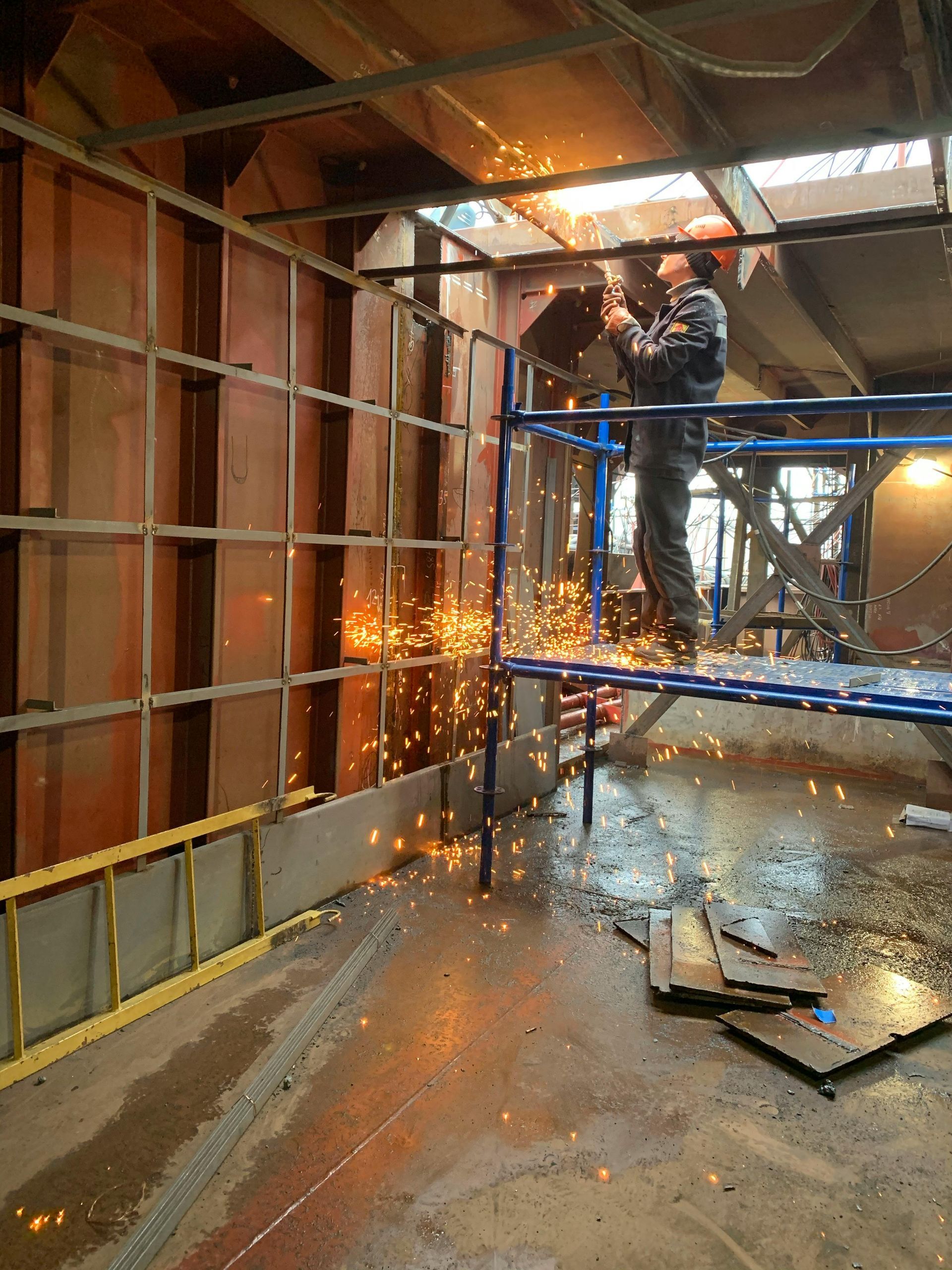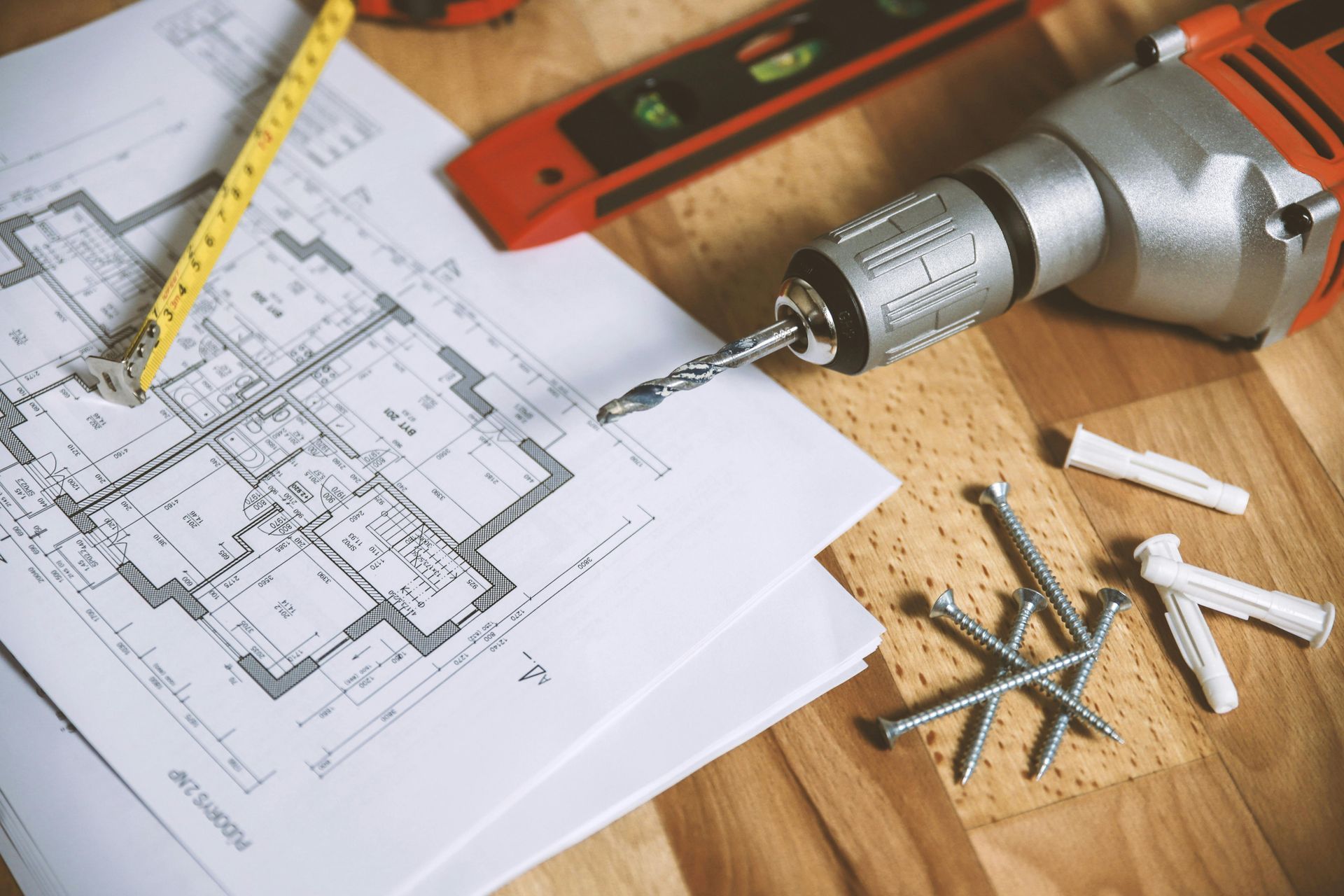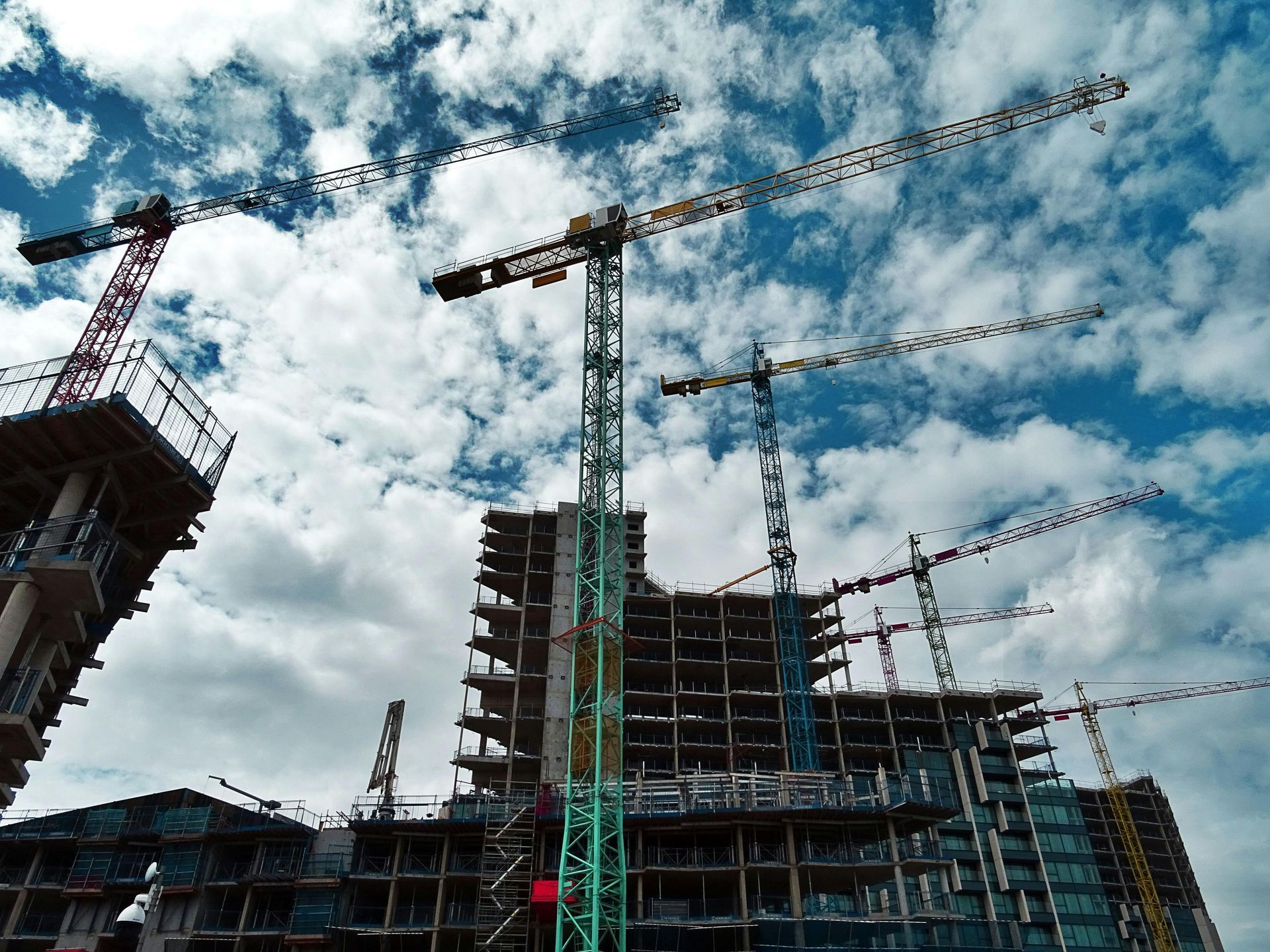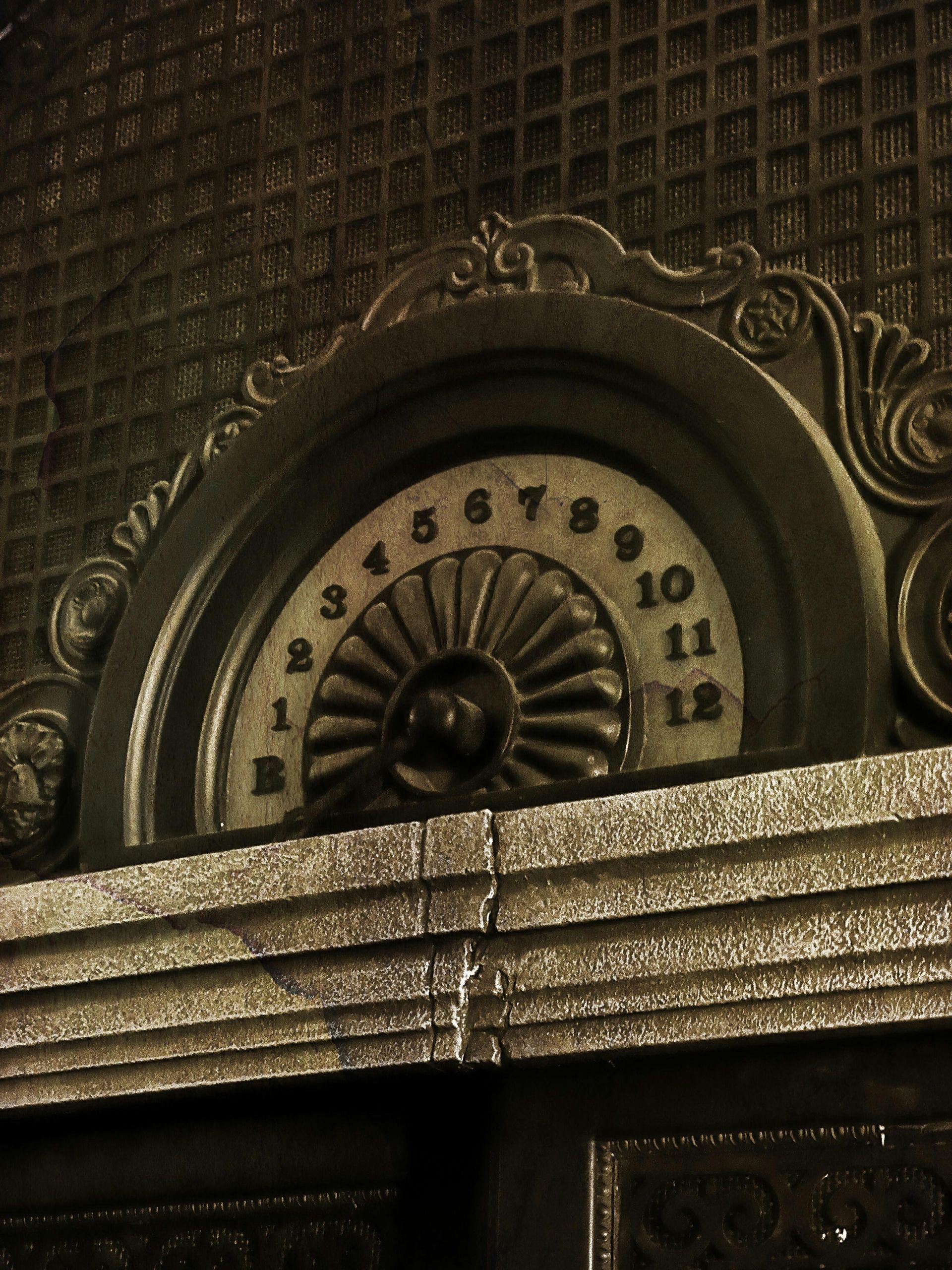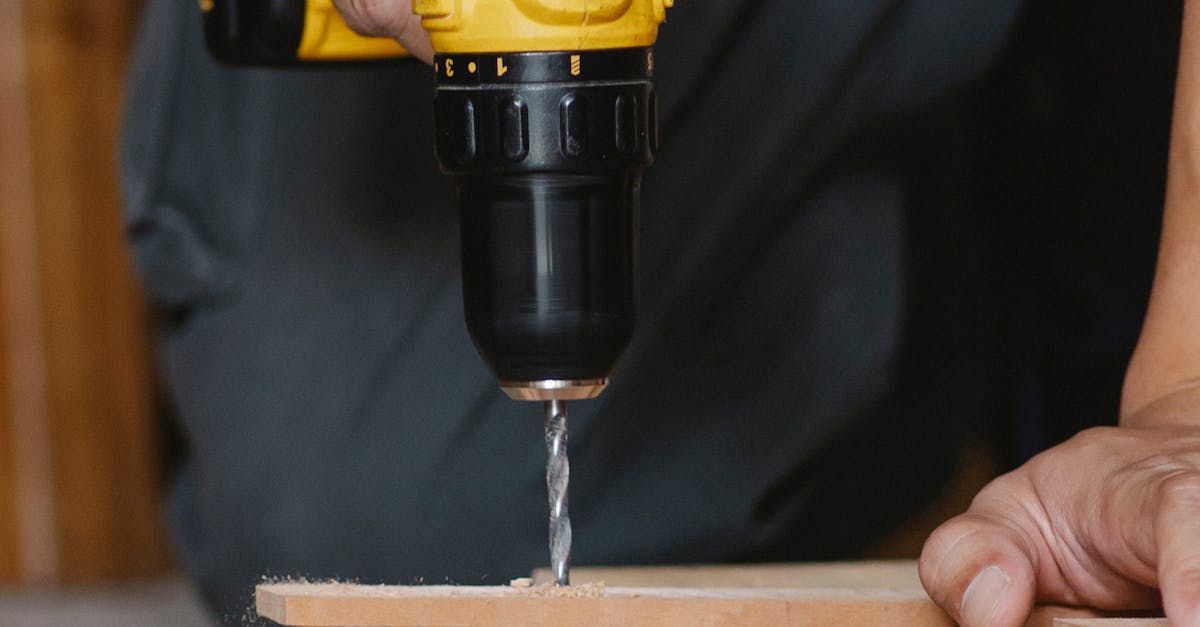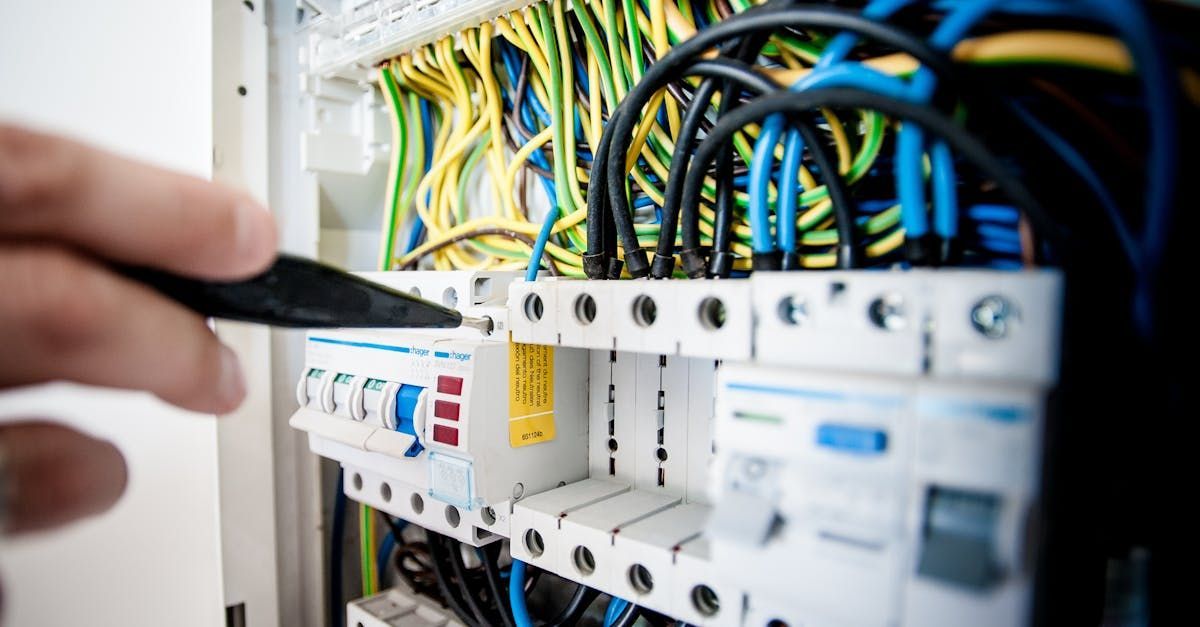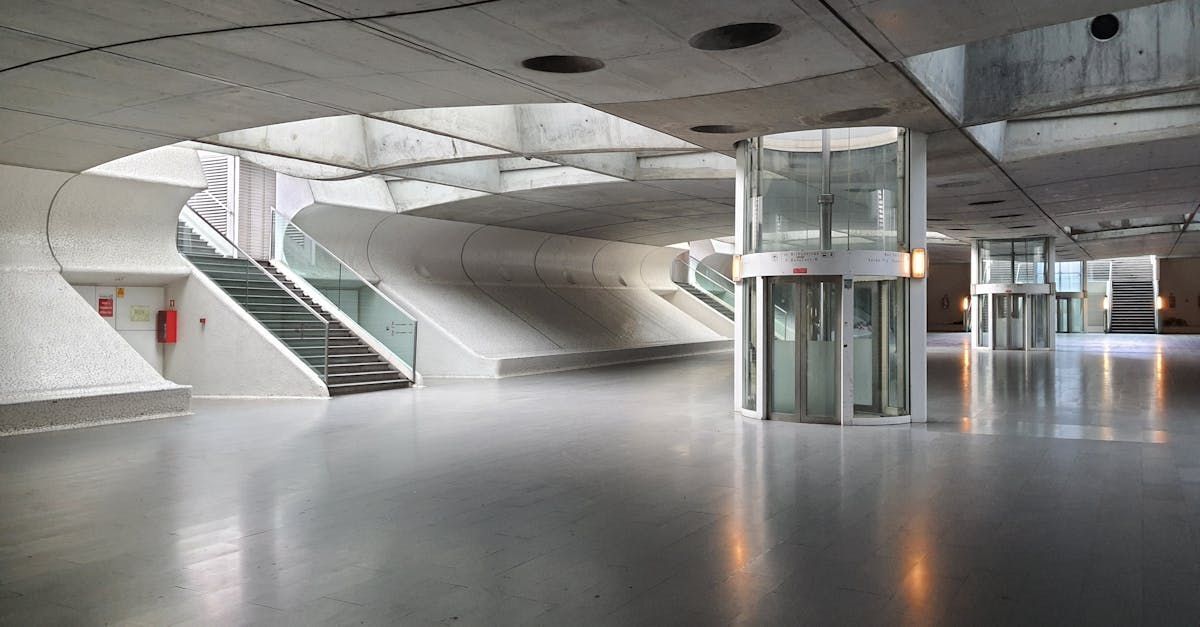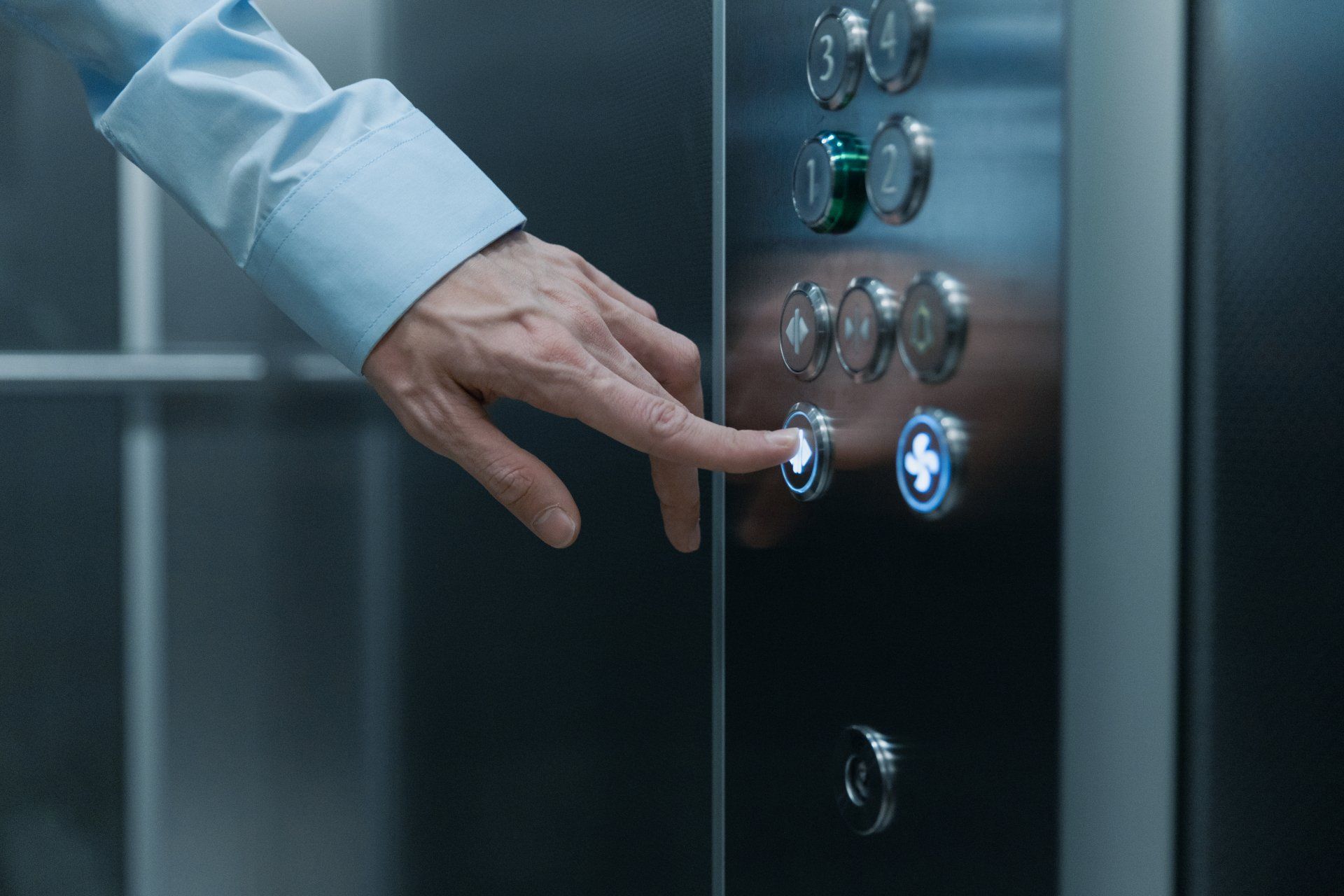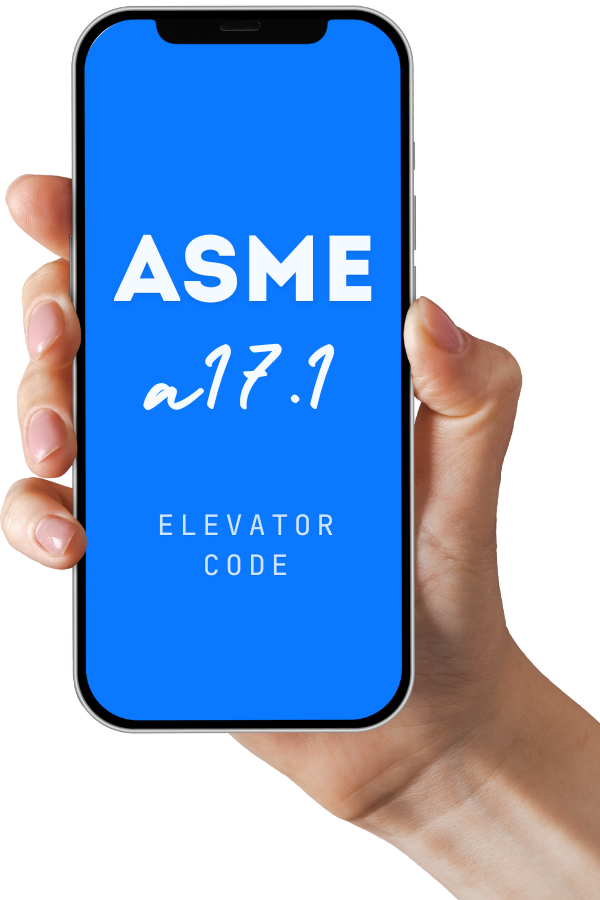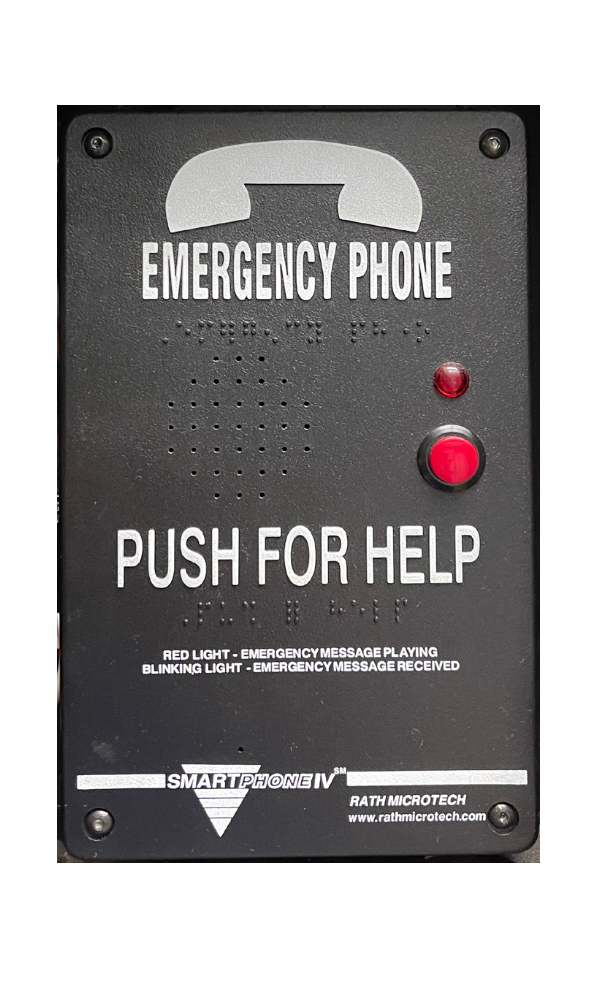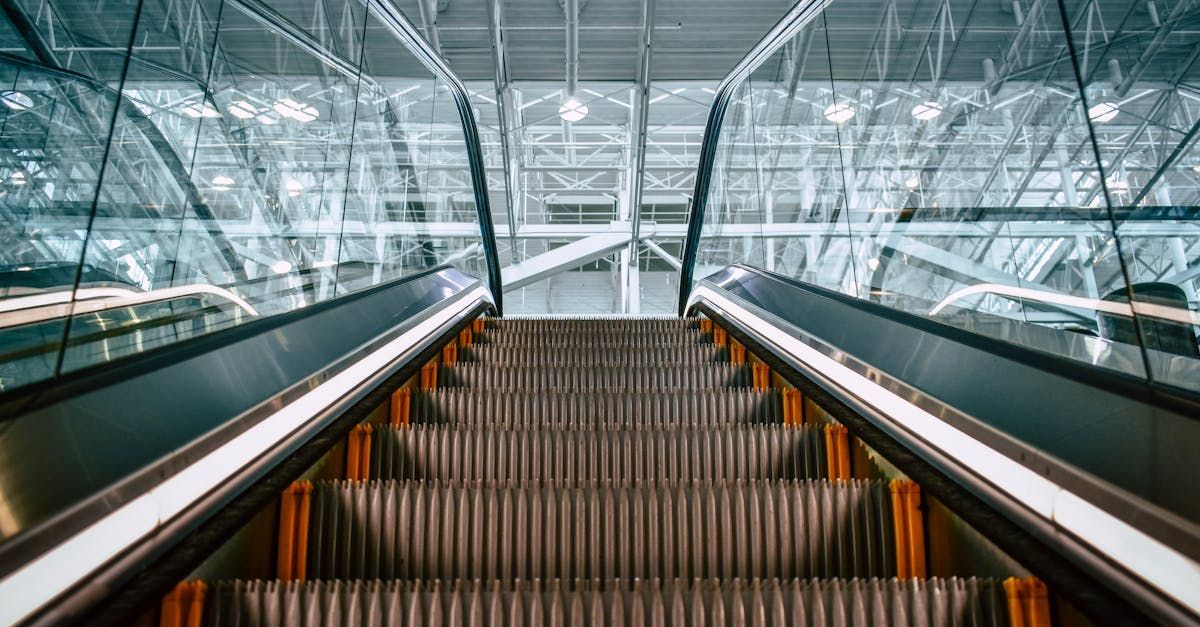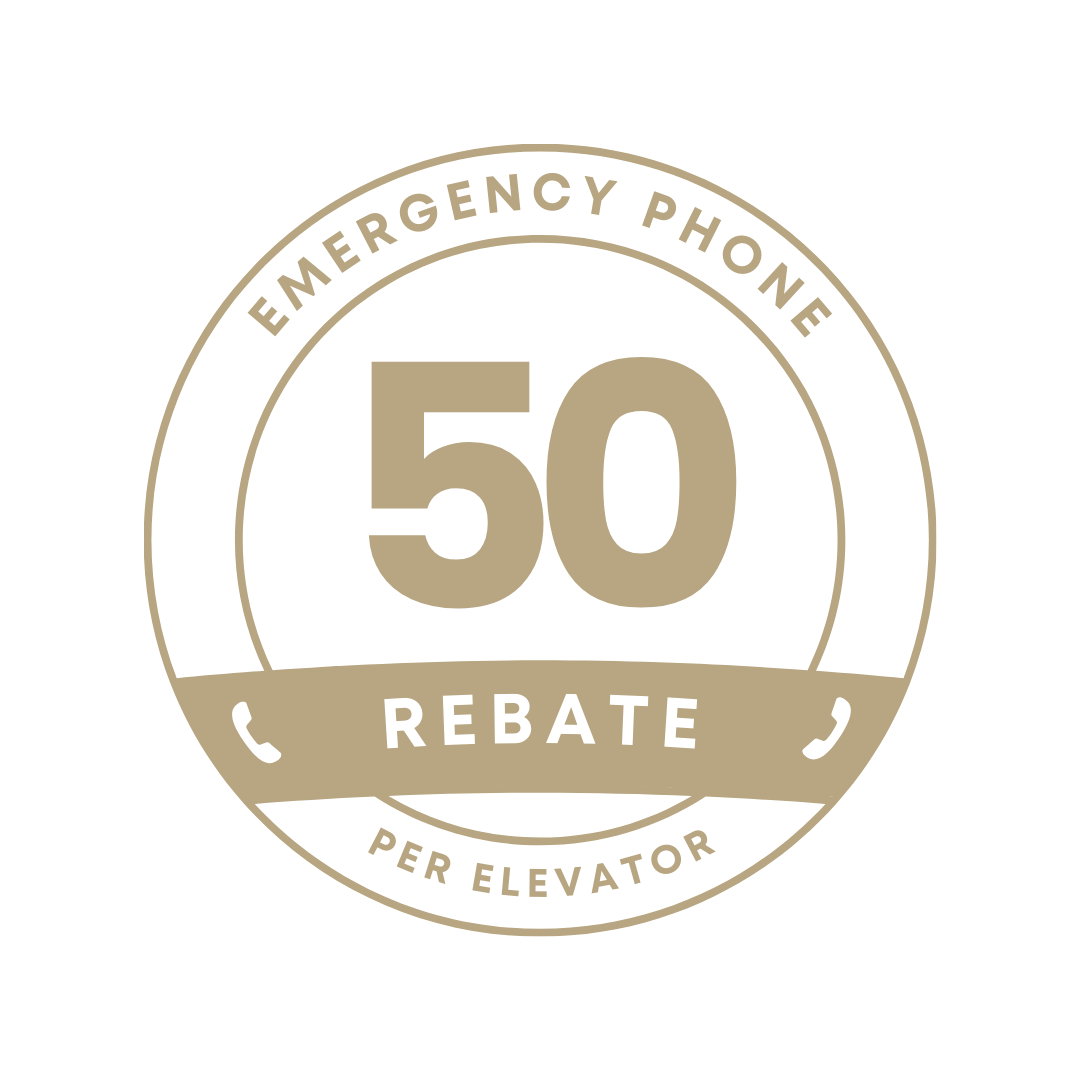Can I handle an elevator modernization bid by myself?
Can you handle an elevator modernization bid by yourself?
Key Highlights
- Elevator modernization is critical for safety, efficiency, and property value.
- Navigating the bid process requires technical expertise and careful planning.
- Hiring an independent elevator consultant can streamline the process and ensure optimal outcomes.
- Understanding the complexities of elevator systems, codes, and regulations is vital for a successful modernization.
- While a DIY approach to bidding is possible, it presents significant challenges for those unfamiliar with the intricacies of elevator systems.
Introduction
In building management, modernizing elevators is important but can be complicated. Building engineers and property managers must decide whether to manage the process themselves or hire an elevator consultant. This choice depends on checking their expertise, budget, and how much risk they are ready to take. A DIY approach might save money, but successful elevator modernization needs careful work. It requires a good understanding of technical details, code compliance, and vendor management.
Understanding Elevator Modernization
Elevator modernization is more than just a cosmetic update. It means completely improving a building's lift system. This includes upgrading or replacing parts like the controller, machine, cab interior, door operator, and door hardware. Modernization helps make sure the elevator system meets the latest safety rules. It also makes the system work better and offers a nicer ride for everyone.
A good modernization can really boost a building's value. It can help attract and keep tenants while cutting down on future maintenance costs. It’s important to understand elevator systems well. This knowledge helps in making smart choices during the modernization. This includes picking the right parts and meeting all the necessary rules.
What Is Elevator Modernization?
Elevator modernization means upgrading or replacing important parts of an elevator system. This helps to make it safer, more efficient, and more reliable. It can also improve how it looks. Changes can include new controllers, machines, cables, elevator cab interiors, entrance fixtures, and signaling devices. It's not just about making it look good. Often, it also involves making the elevator work better to meet safety standards, like those in the Disabilities Act.
The work done during modernization can vary. Some upgrades might be small, while others could be a complete system replacement. A good modernization plan thinks about the age of the building, how elevators are used, their current condition, and the latest technology. For example, upgrading door operators allows for smoother opening and closing. This helps make it easier for everyone to use the elevator.
Modernization projects focus on improving the experience for passengers. This includes updating elevator cab interiors with new finishes, better lighting, and digital displays. These changes make the ride more comfortable and the building more attractive to people who use it. Overall, modernization helps ensure that the elevator service is reliable and visually pleasing, which adds value to the building.
Why Is It Necessary?
Firstly, modernizing elevators is very important to keep passengers safe and follow new safety rules. Old elevator systems may not have important safety features, which can cause risks. By updating them to meet current standards, we can reduce dangers and make sure building users are safe.
Secondly, a new elevator system runs more efficiently. It uses less energy and helps save money on operating costs over time. Older technology often wastes energy, leading to higher bills and more repairs. Modern designs include energy-saving aspects that help lower utility costs and lessen environmental impact.
Lastly, upgrading elevators can boost a building's property value and make it more attractive to buyers or tenants. A modern and well-kept elevator system shows that the building is high-quality and desirable. This can lead to higher rental income, better occupancy, and an edge in the real estate market. Modernization is a smart choice that benefits building owners in the long run.
Assessing the Need for Modernization
Before getting into the details of the bid process, you need to find out if your building needs a complete modernization or if some upgrades will do. To decide the scope of work needed, start by looking at your building's elevator system.
Look closely at the age of the elevators, their maintenance records, and if they meet current safety codes. Think about how the building is used, what tenants are saying, and any ongoing problems that affect how well the elevators work. This detailed assessment is important for making smart choices about what your building really needs.
Signs Your Elevator Needs an Upgrade
One clear sign is many breakdowns and high elevator maintenance costs. If you often call for repairs or have unexpected downtime, your system might be close to the end of its life. These problems not only disrupt your building but also raise maintenance costs, which can strain your budget over time.
Pay attention to key parts like door operators. If doors close slowly or jerk, it can mean the door operator is not working, which can be unsafe and annoying for passengers. Watch for strange noises, shaking, or uneven movement when it operates.
Also, if your elevator system lacks modern safety features or can't keep up with today's traffic, it's time for an upgrade. Ignoring these issues can lead to bigger, costlier problems later. Taking action now can keep your tenants safe and happy while also protecting your investment.
Evaluating Your Building’s Elevator System
Conducting regular elevator audits by a qualified elevator expert is very important. They help check the condition of your system. These audits show how much life is left in parts, any safety risks, and if your elevator meets current codes. A good audit helps you figure out what repairs or upgrades need to be done. This way, you can make smart choices for your modernization project.
Hiring an independent elevator expert for a full inspection of your building's elevator system can be very helpful. These experts know a lot about elevator mechanics and safety standards. They can spot possible problems that might not be easy to see. After assessing your system, they can give specific advice based on what your building needs. This shows you the best steps to take.
As a building owner, you need to think carefully about the costs and benefits of modernizing. It's important to compare this with doing temporary repairs. Modernization may cost a lot at first, but it can save money in the long run. You'll get better energy efficiency, lower maintenance costs, and increased property value. Also, a new elevator system makes things safer, more reliable, and improves tenant satisfaction.
The Steps Involved in an Elevator Modernization Bid
The process of modernizing an elevator and getting bids involves several important steps. First, you need to outline the work needed. Next, you will look at bids from different contractors. Each step must be thought out carefully. You should know exactly what your building needs.
Good planning and preparation are important for a simple bidding process. You need a clear description of the work, a realistic budget, and open communication with suppliers. This will help you get accurate and similar bids. Handling these details well is key to making your elevator modernization successful.
Preparing Your Bid Document
A well-structured bid document is paramount for attracting competitive bids from reputable elevator contractors. Clearly outline the scope of work, including specific upgrades, desired features, and any unique requirements of your building. Detail the technical specifications for each component, ensuring compatibility with your existing system. Additionally, specify the desired timeline, payment terms, and any warranties or guarantees you expect.
Remember to include a section for contractors to submit their proposed budgets and timelines. This allows for direct comparison and helps you evaluate the overall value proposition of each bid. Don't hesitate to request references from previous clients with similar projects to gauge the contractor’s experience and track record. A transparent and comprehensive bid document streamlines the bidding process and helps you make informed decisions.
Key Elements of a Bid Document
Project Overview: A brief description of the project, including the building type, number of elevators, and overall objectives.
Scope of Work: A detailed outline of all upgrades and replacements required, including specific equipment and materials.
Technical Specifications: Precise technical details for each component, ensuring compatibility with the existing system.
Timeline: A clear schedule for the project, outlining key milestones and completion dates.
Budget: An estimated budget for the project, allowing for flexibility and negotiation with contractors.
Payment Terms: Clearly defined payment schedule, including any upfront costs or progress payments.
Warranties and Guarantees: Details on warranties offered for equipment, installation, and post-modernization support.
Insurance and Liability: Requirements for contractor insurance coverage and liability protection.
By providing potential vendors with clear expectations and comprehensive information, you'll receive more accurate bids that are easier to compare. This transparency protects your bottom line, minimizes the potential for disputes, and ultimately contributes to a successful modernization project that enhances your real estate investment.
Key Components of a Successful Bid
• It's very important to do thorough due diligence when looking at vendor proposals.
• Carefully check each bid. Look at the scope of work, the materials listed, and any exclusions or limitations.
• Don’t be afraid to ask questions if things are unclear or don’t match up.
• Just because a bid is the lowest, it doesn't mean it is the best value. Focus on quality, experience, and how well the proposal meets your building's unique needs.
• Think about hiring an unbiased elevator consultant to help evaluate the bids you get.
• These experts can give you great advice about industry standards, pricing trends, and the technical qualities of each bid.
• An independent review makes sure that the chosen contractor can meet your quality expectations and provides a system that fits your building's specific needs and budget.
• Look for contractors who really understand what your building needs and offer solutions that fit those needs.
• Find companies with a strong history of successful modernization projects, especially those who have worked on buildings like yours.
• Ask for client references and learn about their experiences with how the contractor communicates.
• Picking the right contractor can lead to a smoother project with fewer surprises and a final result that meets your long-term goals.
• Don’t forget, an obligation consultation with a skilled elevator consultant can give you peace of mind and help throughout the whole process.
The DIY Route vs. Hiring Professionals
Deciding whether to manage an elevator modernization bid yourself or hire an elevator consultant is important for building owners. You need to think about your budget, the skills you have, and how much risk you can take.
At first, handling it yourself might look like a way to save money. But you need to think about possible problems. If you don't know much about elevator systems, codes, or the bidding process, running a modernization project can be very hard and risky.
Pros and Cons of Managing the Bid Yourself
Choosing to do elevator modernization bids yourself may sound appealing for building owners who want to save on upfront costs. When you manage the process, you can make choices that fit your vision and budget better. If you have staff who know about elevators, it might seem easy to handle the bids inside your company.
But there are big downsides to this DIY way. Managing a complicated project like elevator modernization needs special knowledge about elevator mechanics, safety rules, and industry standards. Without knowing this information, you might miss important details during the bidding process. This can lead to expensive mistakes, delays, and issues with contractors later on.
Additionally, understanding technical language, comparing bids properly, and keeping track of the project timeline can use up your team's time and resources. Problems that come up unexpectedly, changes needed, and issues after modernization might raise costs, which will cancel out any savings you thought you had. Working with a lift consultant can help reduce these risks. They can give expert advice and support you throughout the whole process.
When to Consider Professional Help
Given how complicated elevator modernization bids can be, it is wise to get help from an elevator consultant. Although this might seem like a new cost, their skills can save you time, money, and trouble later on.
Facility managers and building owners often work with elevator consultants on tough modernization projects. This is especially true when there are many elevators, older buildings, or special technical needs. Consultants really understand elevator systems, codes, and the best ways to do things in the industry.
They offer many elevator management services. This includes help before bids, contract talks, project management, checking code compliance, and support after the modernization is done. With their help, you can have a smoother, easier, and less stressful modernization. You can feel good knowing your project is managed well. An elevator consultant can also help if there are tricky elevator insurance claims to handle.
Common Challenges in Elevator Modernization Projects
Elevator modernization projects are important but come with unique challenges. There are complex rules to follow, and unexpected problems can happen at the site. These issues can delay work and increase costs.
One big challenge is to do the modernization without bothering the people who live or work in the building.
Keeping a good balance between updating the elevator system and avoiding inconvenience for tenants is very important for their happiness and staying in the building. Good communication, careful planning, and quick thinking are key to reducing problems and making the process smooth. Other challenges include managing different contractors, getting special equipment, and sticking to the budget for the project.
Navigating Regulatory Requirements
One big challenge is keeping up with changing safety codes and rules. Elevator codes, such as those in the Disabilities Act, have specific needs for accessibility, fire safety, and emergency procedures. Not following these rules can lead to high fines, delays, and legal issues. This highlights the need for a skilled elevator mechanic to manage the installation.
Working with local authorities and getting the proper permits makes the process even more complicated. Inspections at different stages of the project need careful record-keeping and adherence to local laws. Hiring an experienced elevator consultant can make these tasks easier and ensure your project meets all legal and safety requirements.
Older buildings come with their own set of challenges when adding new elevator systems. Old electrical systems, limited shaft space, and structural limits can need unique engineering solutions and teamwork with different trades. It’s important to keep updated on the latest code changes and collaborate closely with qualified experts for a successful modernization project.
Dealing with Unexpected Issues
Despite careful planning, unexpected problems can come up in an elevator modernization project. Issues like hidden wiring, asbestos removal, or structural concerns can affect how long the project takes and how much it costs. This is why it is important to plan for surprises in the project scope.
When problems occur, quick action is often needed to cut down on delays and avoid more issues. It is key to have a reliable team of contractors and suppliers who can adjust to changes. Regular communication, thorough site inspections, and clear reporting help everyone involved to stay updated and make smart choices.
Moreover, facing surprises shows the importance of working with experienced experts. Skilled elevator consultants know how to spot potential challenges early. They can suggest good solutions and deal with unexpected bumps on the road. Their understanding of best practices and access to specialized services help keep your modernization project on track, protecting your investment and leading to a good result. In the end, being flexible and focused on finding solutions will help you manage the ups and downs of unexpected issues and keep your elevator service running smoothly.
Cost Considerations in Elevator Modernization
Elevator modernization is a big investment. It's important to understand the costs to budget and plan well. The total costs can change a lot. They depend on things like how tall the building is, how many elevators there are, the kind of work needed, and the materials chosen.
It is a good idea to work with a trained elevator consultant when planning. They can give you a proper cost estimate. They can also find ways to save money, look at different options, and make sure the final budget meets the building's needs and financial situation.
Estimating the Budget for Modernization
Determining the budget for an elevator modernization project is important. It requires looking at different factors carefully. First, the scope of work is key for estimating costs. Upgrading parts like controllers or door operators costs less than replacing the whole system. The height of the building and the number of floors the elevator serves also affect the cost. Taller buildings usually need more advanced equipment and installation.
Material choices will also affect the budget. Choosing high-end finishes, custom designs, or energy-saving features will cost more than standard options. It's crucial to find a balance between looks, function, and price. Getting an experienced elevator consultant involved early can help in creating a realistic budget that suits your needs.
Property managers are vital in keeping the modernization project within budget. They should do due diligence by checking different contractors, asking for multiple bids, and carefully analyzing all proposals to ensure good pricing. It is also smart to include a contingency fund in the budget for unexpected expenses to reduce financial stress. Looking at ways to cut elevator costs and using the advice of an elevator consultant can help property managers manage the financial side of the modernization better.
How to Save Costs Without Compromising Quality
Modernization can cost a lot, but there are ways to save money without losing quality or safety. The first step is to check what your building really needs. Do all elevators need a full update? Or can some just be improved to last longer? Focusing on important upgrades rather than small changes can help your budget a lot.
You can also look for ways to finance the project, like leasing or phased modernization. Leasing means paying a monthly fee to use new elevator equipment. Phased modernization helps you spread out the project over time by first handling necessary updates and saving more cosmetic work for later.
Also, think about the savings you can get in the long run. Upgrading to energy-efficient systems can lower your power bills. Spending more on good quality equipment might seem high at first but can lead to less maintenance and fewer breakdowns later. These savings can boost the worth of your vertical transportation assets and enhance your property value. By making wise choices and getting expert help, building owners can save money on elevator maintenance. Starting new elevator maintenance service contracts when the project is complete can lower future maintenance costs a lot.
Conclusion
In conclusion, starting an elevator modernization bid means you need to fully understand the steps involved. This includes figuring out if you need an upgrade, and looking at costs and rules. Trying to manage the bid by yourself can be helpful, but getting help from professionals can make your modernization project smoother and faster. It’s important to carefully think about the advantages and disadvantages before you choose to do it yourself or hire experts. Always focus on safety, efficiency, and obeying the rules. This way, you can effectively upgrade your elevator system to meet new standards. Remember, the most important thing is to make informed choices that fit your building's needs and budget.
Frequently Asked Questions
What are the first steps in starting an elevator modernization bid?
Start by doing careful research. Look into your building's elevator system, safety rules, and options for upgrades. Hire a skilled elevator consultant to assess your needs fully and help you with the bidding process. Initial elevator audits can show what is needed for your modernization project.
Can I modernize my elevator without completely replacing it?
Yes, upgrading an elevator does not mean you have to replace everything! You can often change certain parts like door hardware, controllers, or the interior of the elevator cab. This method, known as "selective modernization," is a good way to improve safety, efficiency, and look without doing a total makeover.
How long does an elevator modernization project typically take?
The timeline for a modernization project can change based on a few things. These include the size of the project, how complex the building is, and when the maintenance company is available. Usually, a complete modernization takes weeks to a few months. Other factors, like interior work, working with tenants, and unexpected problems, can also affect how long the project takes.
Are there specific codes and regulations I should be aware of?
Yes, putting in new elevators and updating old ones must follow strict safety rules. These rules usually include ASME A17.1, local building codes, and standards from the Disabilities Act. The rules cover many parts, like elevator shaft needs, smoke detectors, emergency lights, and the size of the cab.


